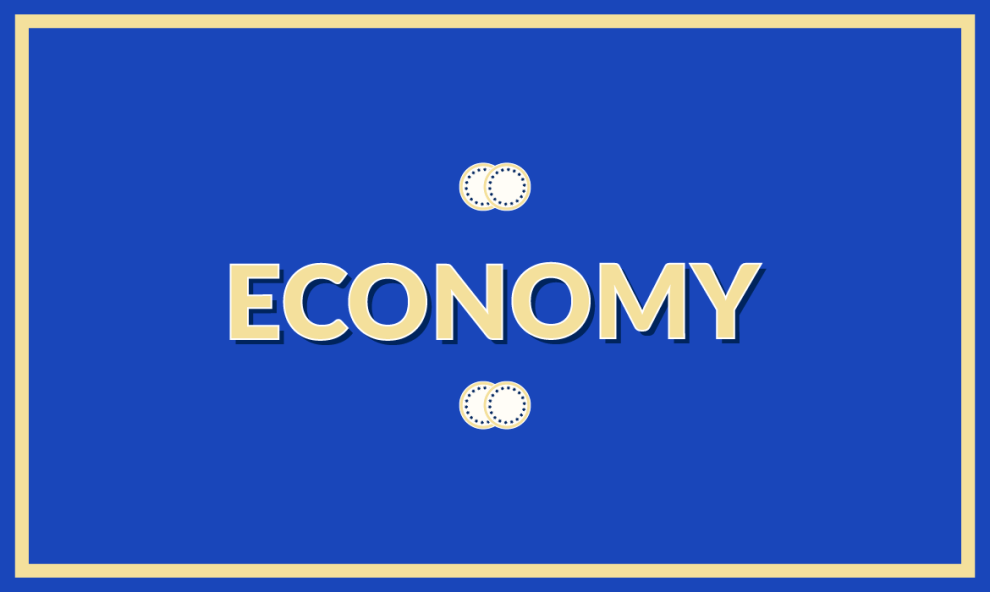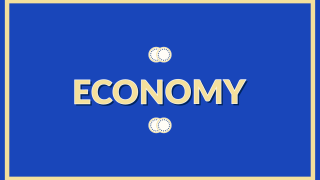It is time to legalize the informal sector of the economy. For decades, we have lived in the fictitious world that claims that the real world, the good world, and the statistically relevant world is that of the formal, duly registered economy. Reality however, tells us otherwise. The informal economy is dynamic and employs millions of Mexicans that, in truth, are modern and competitive entrepreneurs, all of them willing to assume risks and satisfy their customers. The informal economy is real and is there for all to see. It is time to see life from a different perspective.
Now that taxes are being discussed, why not change the equation? Why not find the way to really pay the taxes that are already in the books, but not with more sanctions, but with less bureaucracy.
Let’s start with the obvious: formality is a bore, if not bureaucratic death. Formality was designed, if that term can be used, for large companies, those able to manage and process the myriad of requirements and regulations involved in the formal economy. Although costly, a large company can devote a small army of accountants and lawyers to register companies, pay taxes, obtain (and renew!) digital signatures, get deductions back, validate receipts and, God forbid, make sure an invoice is still valid (surely a major cause of tax evasion).
No small or startup business can comply with that string of requirements and monthly payments. The sheer weight of regulation renders it ineffective. Given the situation of having to register with the SAT (Tax Administration Service), the Mexican Institute of Social Security (IMSS) and other federal and local bureaucracies, a person who, by decision or lack of options, chooses self-employment, the next logical step is to opt for informality. Moreover, people that chose to live in the informal sector do not live badly either: he or she has access to health insurance (Seguro Popular), which is cheaper than the IMSS and (amazingly) is designed for those who are not part of the formal economy. If his or her daughter wants a scholarship at the UNAM (the National Autonomous University), informality allows them to argue that their income does not exceed the maximum permissible because there is no way to check. In sum, it would appear that living in the world of informality is like paradise compared to the bureaucratic tangle involved in the alternative.
It might seem that informality is benign and free of cost, but this is obviously not the case. Instead of paying taxes, people living in informality have to bribe inspectors, rely on moneylenders and speculators because they are unable to show proof of their income to have access to bank credits; instead of legal certainty they live in a permanent limbo that prevents them from growing even if they have a promising business; they are always stalked by politicians eager to sell favors, develop dependency relationships of patronage and control the flock. Informality can be hell.
Although there is no consensus among scholars of informality, it seems clear that there are certain prototypical characteristics among those living in the informal economy. There is no doubt that a person in the informal sector is willing to take risks in order to improve his or her financial situation. This element immediately sets them apart from those who choose a secure employment, with the many benefits that come associated, even if that means less potential for development. Assuming that a person consciously chooses informality, she knows she is entering a difficult world where life is earned every day of the week and where there are no paid holidays or social protection. Those that do so hope they will achieve a higher income throughout their life. Empirical evidence suggests that most of those who operate in the informal sector are in fact financially more successful.
Speaking of informality often brings to mind the image of a vendor on the street, one of many that sell their wares (from popsicles to meringues), contraband or any type of furniture and objects, as well as food. But informality is infinitely greater, ranging from manufacturers of pirated discs to plumbers, carpenters or distributors of goods next to food vendors at construction sites, those selling juice (some on huge truck racks) and bicycle renters in parks. In addition to all these actors of our everyday national life, there are a number of activities that are prominent in the informal sector. The common denominator is not tax evasion, although it is undoubtedly a universal feature in that world, but the courage, the drive for self-improvement and willingness to take risks. That is, these are the entrepreneurs that Joseph Schumpeter, the great economist of the first half of the twentieth century, might have described.
Formal entrepreneurs tend to despise informal ones, while the latter reject any association with the term “empresario” while, in practice, that is exactly what they are. But the fact that there is this axiological opposition says a lot about our social and political reality. What matters is that everyone can grow and produce for their own benefit as well as that of the country as a whole
The underlying theme is that, on the one hand, formality is not paying off in terms of employment or economic growth while, on the other, informality is hampering the growth of individuals and their businesses and nothing has been done to facilitate their inclusion in the formal economy. In practice, this means that the sector in the economy that could be potentially more dynamic is castrated, while the one that is given full recognition, is not yielding enough growth or the income taxes that the country needs. It’s time to reverse the pyramid and that means understanding and recognizing the dynamics of informality and adjusting the bureaucratic and regulatory paradigm to make it possible for those in the informal economy to cease being there, without annihilating them along the way.
COLOPHON. Far from my nature or purpose is to write an apology on behalf of informality. Obviously, I am not proposing to turning to small, unproductive shops as an alternative to a modern, thriving economy. The objective is no to strengthen or to promote the growth of tiny “changarros”, small, unviable shops, and even less to argur for privileging tax evasion. The opposite: our formal structure not only impedes growth, but makes it impossible to develop a large sector of the economy that, with suitable incentives, could add a exceptional dynamism and value to our economy. With the insertion of the informal sector in the formal economy, in the context of a rational tax structure, perhaps with the 2% that was recently proposed, the Treasury would be the big winner without having to kill the goose that lays the golden eggs. Countries showing the highest rates of economic growth have been able to resolve this mess better than we have and their citizens have better lives.
Life upside down






Comments